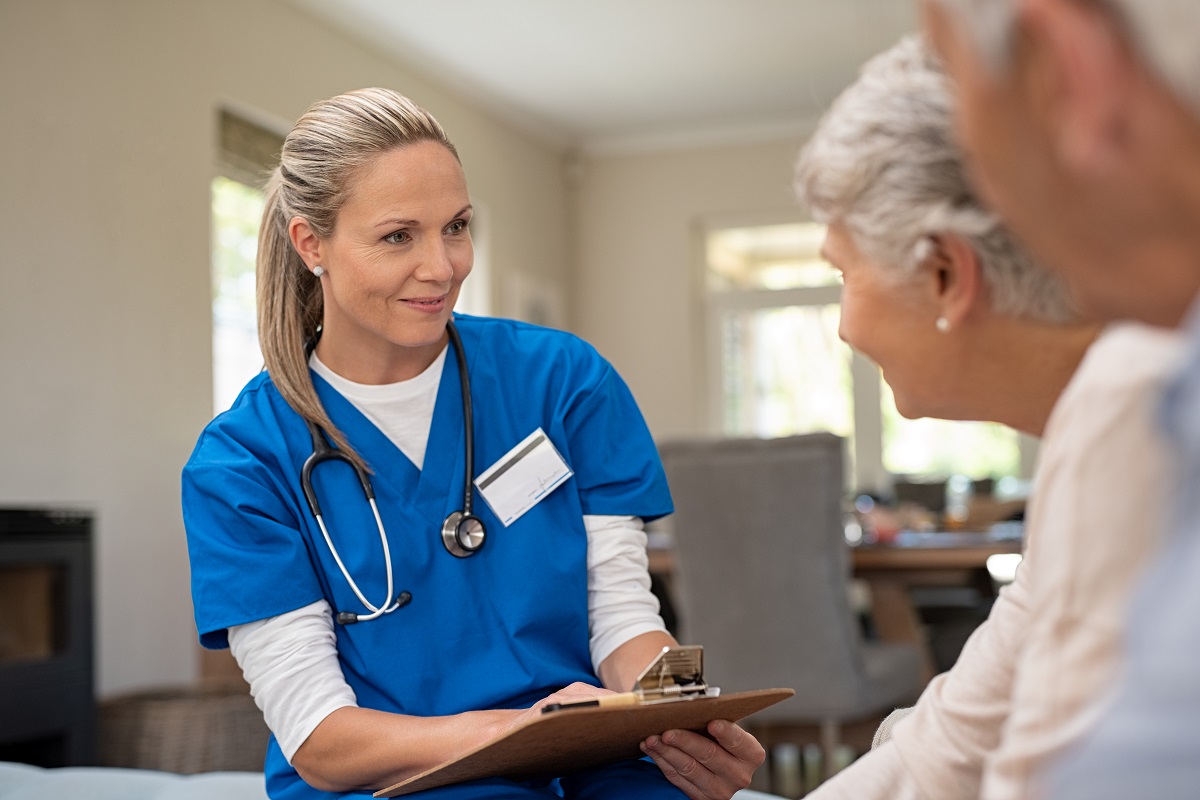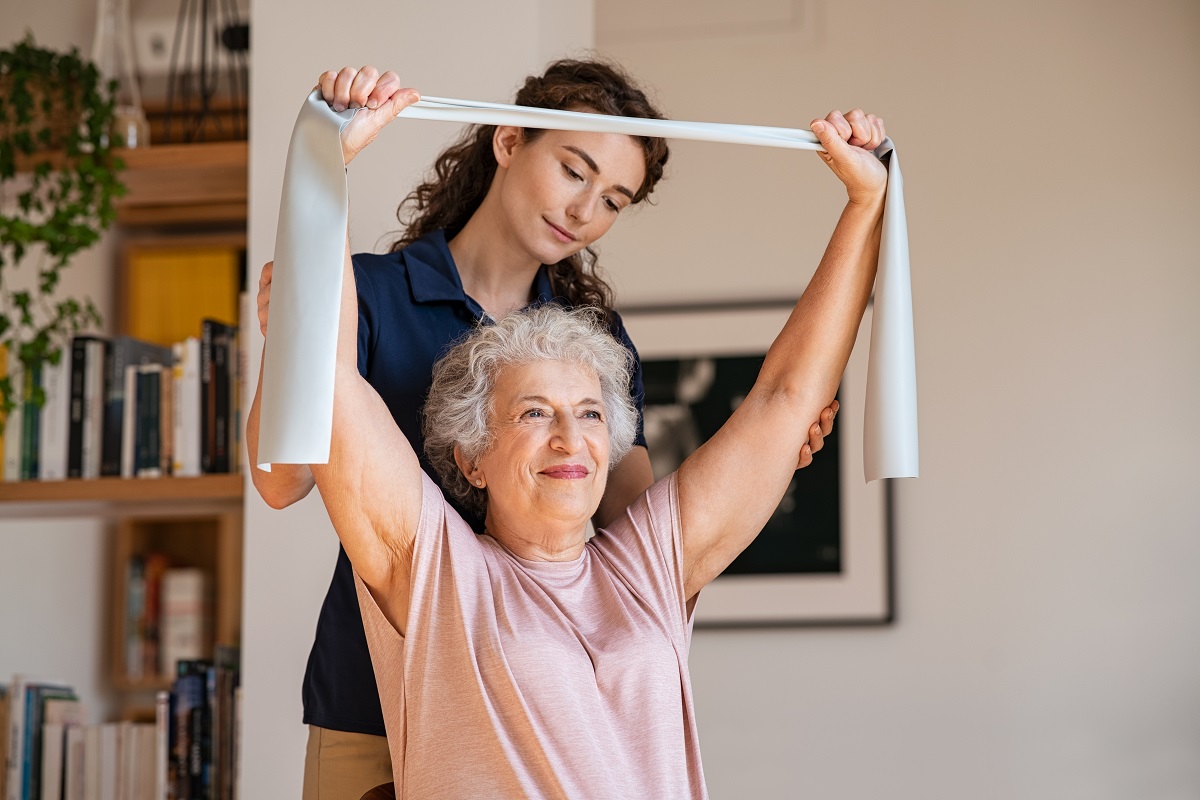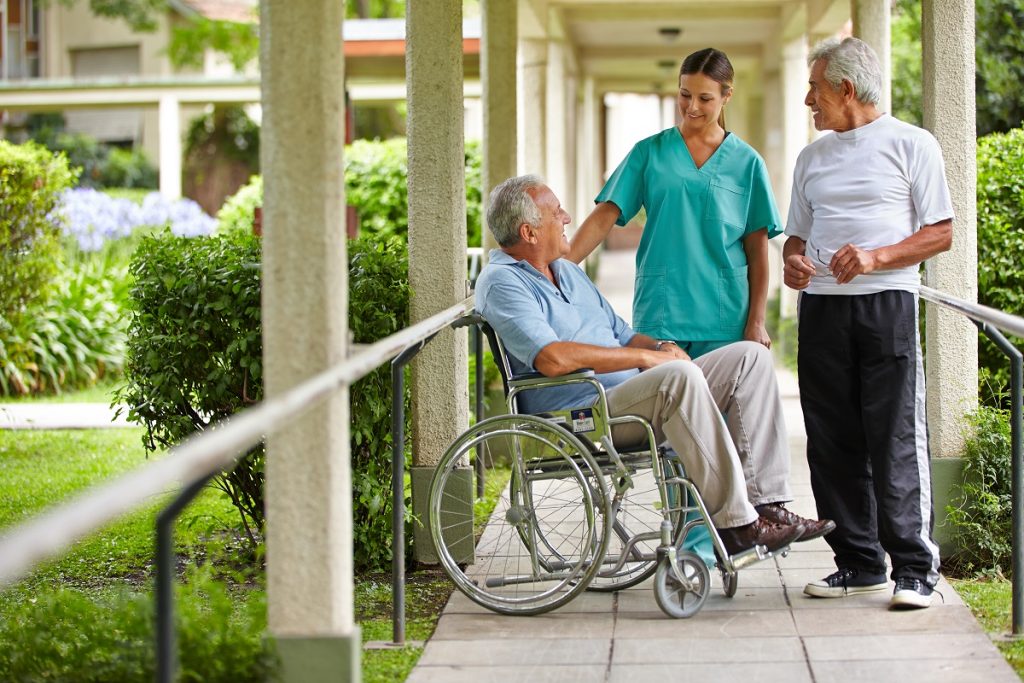- Establishing a secure and welcoming environment is paramount when catering to the needs of our esteemed seniors.
- Creating customized care plans for every patient is crucial, ensuring tailored and effective treatment.
- Each resident should receive expert and personalized attention, ensuring high engagement and satisfaction.
- Regular health checkups and assessments are crucial for maintaining optimal well-being.
Caring for seniors in residential care homes is a challenging and rewarding job. It requires patience, empathy, and understanding each patient’s unique needs. Ensuring seniors receive the highest care possible as the population ages is becoming increasingly important.
This means finding ways to better meet their physical, emotional, and mental health needs while providing a safe living environment. This article will discuss some of the best ways to provide superior care for patients in senior care homes so that they can live a happy and healthy life.
Create a safe and comfortable environment for seniors
Creating a safe and comfortable environment for seniors is essential to ensure their well-being. Here are some tips on how to make a residential care home safe and inviting for seniors:
Develop individualized care plans
Developing individualized care plans is crucial to providing top-notch care to seniors in care homes. These plans take into consideration each patient’s unique medical history, nutritional needs, and abilities, as well as their personal preferences and goals for care. By creating customized care plans, caregivers can tailor their approach to each patient, leading to more effective treatment and improved quality of life.
This approach also allows for more streamlined and efficient care, reducing the risk of medical errors and improving overall outcomes. Ultimately, individualized care plans are essential to providing comprehensive, compassionate, patient-centered care to seniors in care homes.
Provide personalized attention to each patient
Providing personalized attention to each patient is essential to caring for senior citizens. A personalized approach ensures that each resident’s unique needs are taken into account, improving their quality of life and overall well-being. Senior care homes are bustling, busy environments, but taking the time to personalize care plans indicates to patients that their caregivers are invested in their health and happiness.
This improves patient satisfaction and fosters trust and a sense of security between patients and their caregivers. Ultimately, personalized attention allows caregivers to become familiar with each resident’s medical history, personality, preferences, and overall health, enabling them to provide a higher level of care than a generic approach could achieve.
Implement regular health checkups and assessments

Regular health checkups and assessments are essential when caring for elderly patients. Each individual has unique health needs, and implementing these checkups ensures their medical needs are met. Experienced professionals should conduct these checkups to effectively monitor and assess their health status and promptly identify potential health risks.
Properly implementing these checkups and assessments, along with personalized care plans, can promote the health and well-being of elderly patients, ultimately leading to a better quality of life. Regular checkups can also lead to early detection of medical conditions, allowing for prompt intervention and treatment, which can help prevent serious complications later. Implementing this practice in senior care homes is imperative for providing comprehensive care to each patient.
Encourage physical activities

Physical activity becomes increasingly important as people age to maintain a healthy quality of life. This is especially true for seniors residing in care homes, who may have limited mobility or other health conditions that can lead to a sedentary lifestyle. Encouraging physical activities that are suitable for their age and condition not only benefits their physical health but also their mental well-being.
Physical activity has been proven to reduce the risk of chronic diseases, improve flexibility and balance, and boost mood and cognitive functioning. Caregivers and staff in senior care homes must provide opportunities for seniors to engage in safe and enjoyable physical activities, whether chair exercises, walking programs, or adaptive yoga.
Educate patients on their medical conditions
Properly educating patients on their medical conditions, treatments, nutrition, and other factors is crucial in providing quality healthcare. It is imperative to understand that education plays a significant role in patient’s overall well-being, as it empowers them to participate in their care actively. Education also helps patients better understand their prescriptions, which leads to more effective medication management and positive health outcomes.
In addition, educating patients on proper nutrition ensures they consume a balanced diet that meets their specific dietary needs. When patients are well-informed, they are better equipped to make educated decisions about their health, ultimately leading to a higher quality of life.
Consider getting reliable remote patient monitoring services
Reliable remote patient monitoring services have become an essential aspect of modern healthcare. By utilizing advanced technologies, medical professionals can monitor patient health remotely while receiving real-time information on important health indicators such as heart rate, blood pressure, and oxygen saturation levels.
This technology allows physicians to detect changes in a patient’s health status and take immediate action when needed, leading to better outcomes and increased patient satisfaction. For senior care homes, remote patient monitoring services are particularly important, allowing for improved patient care, reduced healthcare costs, and better staff efficiency.
These are just a few ways that senior care homes can provide superior care to their residents. By leveraging these practices and harnessing remote patient monitoring services, caregivers and staff can guarantee optimal care for elderly patients. This enables tailoring the care to their specific needs with utmost precision and excellence.

